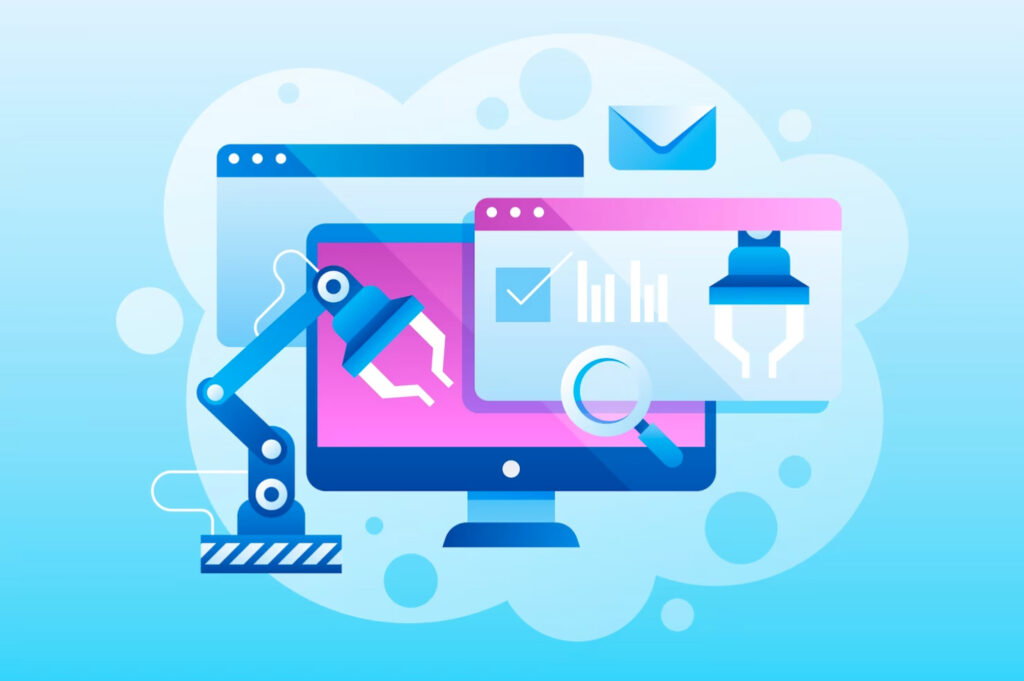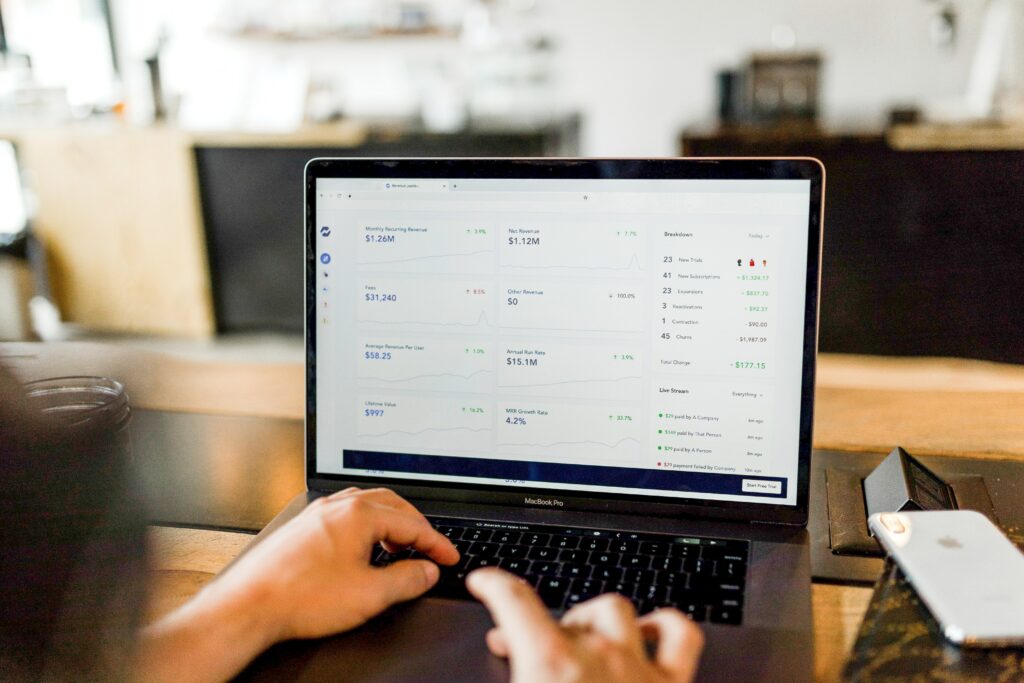In today’s digital advertising landscape, PPC automation has emerged as a game-changer for efficient campaign management. PPC, or pay-per-click, automation involves leveraging artificial intelligence (AI) and machine learning technologies to streamline and optimize various aspects of PPC campaigns. By automating processes like targeting, bidding, ad performance analysis, and optimization, businesses can unlock significant benefits and drive better results.
The Role of AI and Machine Learning in PPC Campaigns
AI and machine learning play a pivotal role in enhancing PPC campaigns. These technologies enable marketers to leverage vast amounts of data and apply intelligent algorithms to make data-driven decisions. With AI-powered targeting, campaigns can reach the right audience at the right time, increasing the chances of conversions. Machine learning algorithms optimize bidding strategies, dynamically adjusting bids to maximize return on investment (ROI). Additionally, AI helps analyze ad performance data, identify patterns, and provide insights for campaign optimization.
Benefits of PPC Automation
Implementing PPC automation brings several advantages for businesses:
- Improved Efficiency: Automation streamlines repetitive tasks, saving time and effort. Marketers can focus on strategic aspects of campaign management while routine processes are handled by AI and machine learning algorithms.
- Time Savings: Automating tasks such as keyword research, bid adjustments, and ad scheduling frees up valuable time. Marketers can allocate their time to high-level strategy and creative optimizations.
- Better Targeting: AI-powered targeting ensures that ads are shown to the most relevant audience, increasing the likelihood of conversions. Machine learning algorithms continuously learn from data to refine targeting parameters.
- Increased ROI: Automation optimizes bidding strategies, allowing businesses to allocate their ad spend more efficiently. Real-time adjustments help maximize ROI by delivering ads to the right users at the right cost.
- Enhanced Campaign Performance: With automation, campaigns can quickly adapt to changes in market conditions, user behavior, and competition. This adaptability leads to improved performance and better overall campaign results.
Implementing PPC Automation: Step-by-Step Guide
Define Campaign Objectives
Start by setting clear campaign objectives. Define measurable goals and desired outcomes such as increasing sales, generating leads, or raising brand awareness. Clear objectives provide a foundation for effective campaign management.
Choose the Right Automation Tools
Evaluate different automation tools available for PPC campaigns. Consider factors like ease of use, integration capabilities, reporting features, and scalability. Select the tools that align with your business requirements and offer the functionality needed to implement automation effectively.
Set up Conversion Tracking and Measurement
Ensure conversion tracking is properly set up to measure campaign performance accurately. Track meaningful actions such as form submissions, purchases, or sign-ups. Conversion data provides insights into campaign effectiveness and helps optimize future targeting and bidding decisions.
Analyze Historical Data
Leverage historical campaign data to identify patterns and insights. AI and machine learning algorithms can analyze this data, uncover trends, and provide actionable recommendations for optimizing campaigns. Use this analysis to refine targeting, adjust bids, and improve overall campaign performance.
Develop Automated Bidding Strategies
Create automated bidding strategies using AI and machine learning. Dynamic bidding adjusts bids in real-time based on factors like user intent, device type, time of day, and ad placement. Experiment with different bidding strategies to find the most effective approach for your campaign objectives.
Optimize Ad Creatives
Optimizing ad creatives is crucial for campaign success. Use automation to test and iterate ad variations, headlines, and visuals. AI-powered tools can analyze performance metrics and recommend creative optimizations to improve click-through rates (CTRs) and conversion rates.
Best Practices for Successful Campaign Management with Automation
Regular Monitoring and Optimization
Regularly monitor campaign performance metrics and make data-driven optimizations. Leverage automation to streamline the process by setting up alerts for key performance indicators (KPIs) and automated rules to adjust bids or pause underperforming ads. Continuous monitoring and optimization are essential for maximizing campaign success.
A/B Testing and Experimentation
Implement A/B testing and experimentation to identify winning strategies. Use automation to split test different ad variations, landing pages, or targeting settings. Analyze the results to determine the most effective approaches and scale them across the campaign.
Data Analysis and Insights
Leverage the power of AI and machine learning to analyze campaign data and derive actionable insights. Identify trends, patterns, and audience segments that drive better performance. Use these insights to refine targeting, messaging, and bidding strategies for continuous improvement.
Alignment with Business Goals
Ensure your PPC automation efforts align with your overall business goals. Define how PPC campaigns contribute to your broader marketing objectives and adjust strategies accordingly. Regularly assess campaign performance in the context of your business goals to ensure alignment and maximize results.
Conclusion
PPC automation, powered by AI and machine learning, has revolutionized campaign management. By leveraging automation tools and techniques, businesses can improve efficiency, save time, enhance targeting, increase ROI, and achieve better overall campaign performance. Embrace the power of PPC automation and unlock the full potential of your digital advertising efforts.


